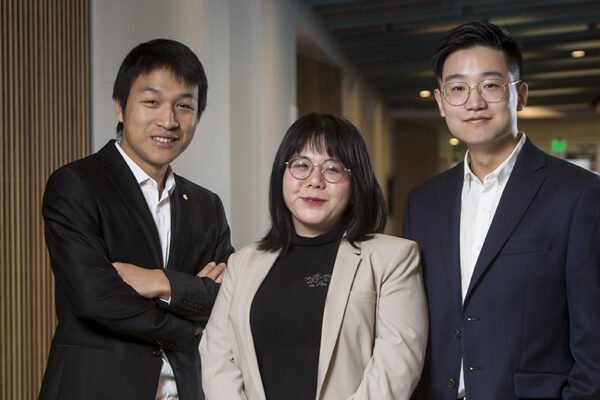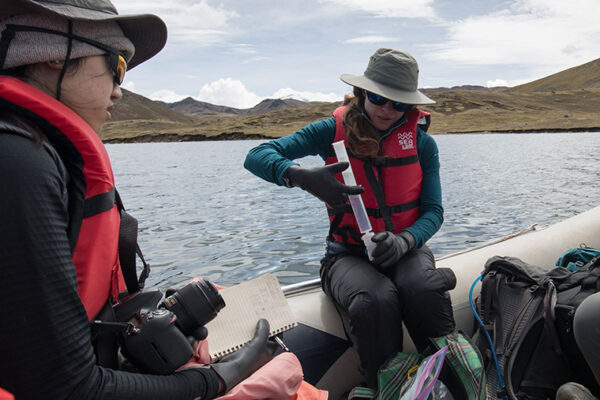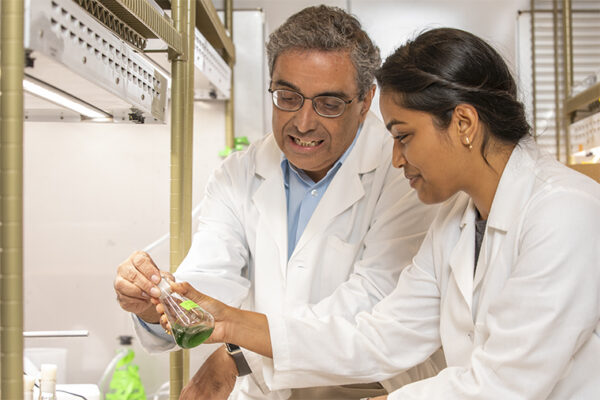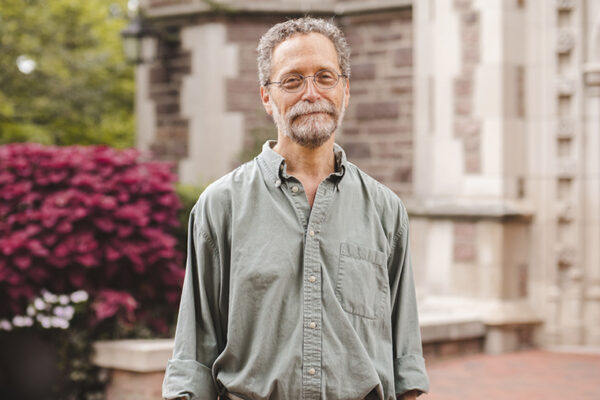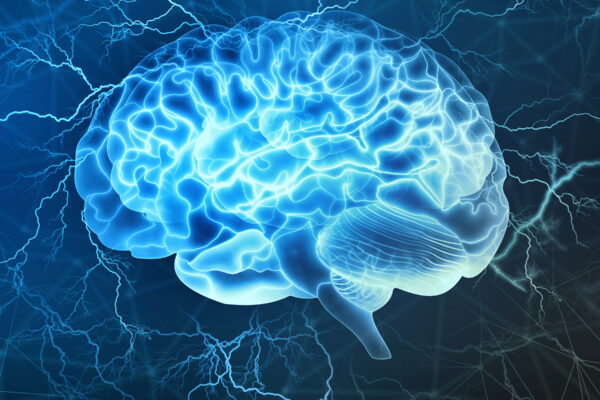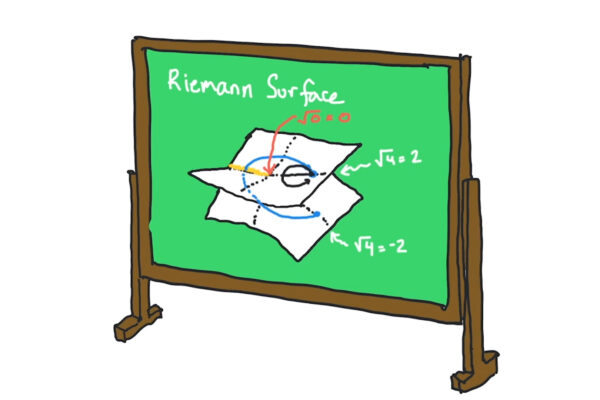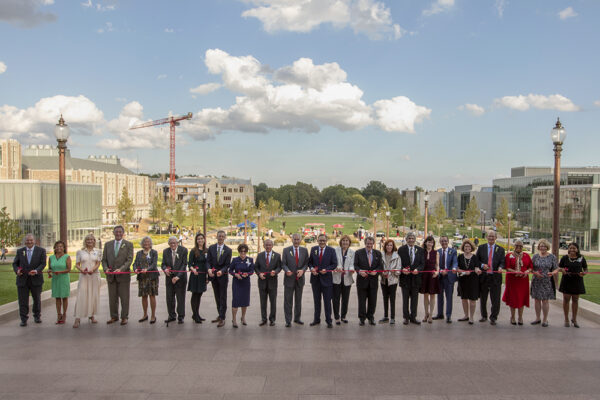New student cohort welcomed to campus
The McKelvey School of Engineering at Washington University in St. Louis recently welcomed the first cohort of students funded by a prestigious new grant from the China Scholarship Council. The three-year renewable program will enable up to six doctoral students per year to pursue research on projects in the areas of life sciences, energy and informatics involving collaborations between Washington University’s McKelvey School of Engineering and Xi’an Jiaotong University.
Climate scientist Konecky named Packard Fellow
Bronwen Konecky, assistant professor of earth and planetary sciences in Arts & Sciences, is among 22 early-career scientists and engineers across the United States honored Oct. 15 as a 2019 Packard Fellow.
Making atmospheric chemistry modeling more accessible
With a $1.2 million grant from NASA, Randall Martin in the McKelvey School of Engineering at Washington University in St. Louis will lead a team of researchers working to improve a high-performance climate model, making it more accurate and more accessible.
University partners for Grow Solar STL program
Washington University in St. Louis is partnering with area organizations to offer more affordable solar panel installation for homeowners in several St. Louis areas. Learn more during a “Solar Power Hour” Oct. 23 in Schnuck Pavilion.
NSF funds research on nitrogen fixation
Himadri B. Pakrasi, professor of biology in Arts & Sciences and director of InCEES, was recently awarded a $1.2-million grant for a collaborative study of cyanobacteria with the ultimate purpose of producing nitrogen-fixing crop plants.
Washington People: Stan Braude
Stan Braude, professor of practice in biology, is a talented teacher who instills in his students the skills they need to prepare for life outside of Washington University. Take it from his students, though — because if you ask him, he will give all the credit to Joe (his St. Bernard).
Understanding criticality and the brain’s neural networks
New research from Washington University in St. Louis confirms that the brain tunes itself to a point where it is as excitable as it can be without tipping into disorder, similar to a phase transition. The new research from Keith Hengen, assistant professor of biology in Arts & Sciences, is published Oct. 7 in the journal Neuron.
Complex energies, quantum symmetries
New research from Washington University in St. Louis realizes one of the first parity time-symmetric quantum systems, allowing scientists to observe how that symmetry — and the breaking of it — leads to previously unexplored phenomena. These and future PT symmetry experiments have potential applications to quantum computing. The work from the laboratory of Kater Murch, associate professor of physics in Arts & Sciences, is published Oct. 7 in the journal Nature Physics.
Looking for the best from humans and machines to create new materials
A multi-institutional effort that includes the McKelvey School of Engineering at Washington University in St. Louis will bring man and machine together in an effort to accelerate the process of discovery of new materials.
East End Transformation dedicated
A sweeping campus planning, design and construction project has transformed the Danforth Campus two years after the start of construction. The largest capital project in the university’s recent history, the East End Transformation was officially dedicated Oct. 2.
Older Stories
